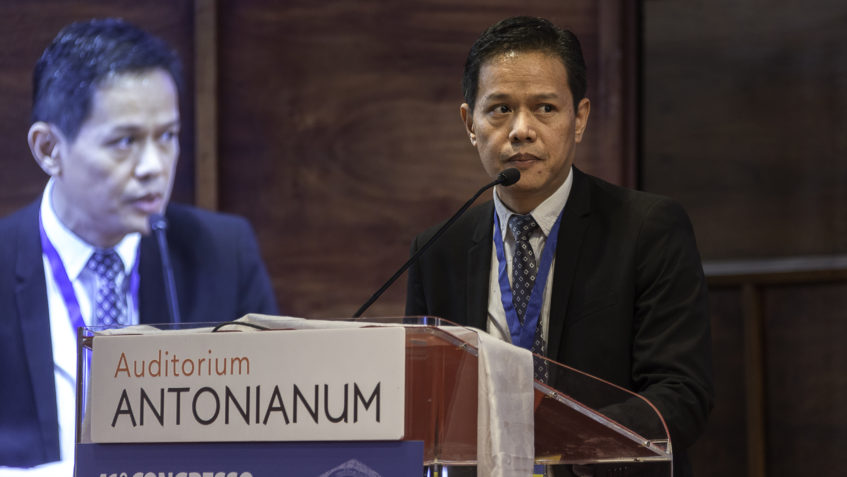Cambodia and China have had diplomatic, economic, cultural and other exchanges for a long time. Traces of their relationship date back to the third century. Most historians have learned about the ancient history of Cambodia through texts written by Chinese diplomats and traders.
Relations between the two countries lost their vigor with the demise of the Khmer empire, from the end of the 13th century until around the middle of the 20th century and the recent emergence of China has profoundly influenced the modern history of Cambodia.
China today is the most populous country in the world and it gives it the ambition to govern the entire planet. In order to carry out this project, Beijing has not hesitated to commit any acts incompatible with human life: the cultural revolution of the 1960s, the Tiananmen Square massacre in 1989, the repression of indigenous peoples such as Tibetans, Taiwanese, Uighurs and recently the citizens of Hong Kong.
Internationally speaking, the Chinese government tends to launch its projects following a precise ancestral technique: hunger. Hunger is the weakest point of all living beings of this world. Thus, hunger provides a support for conquering the world: from small businesses, to catering, from the sale of spices and objects necessary to our everyday life, to financial assistance without interest. The Chinese partners automatically get the recognition and gratitude of Beijing. But this acceptance is a spark. “The great blasts arise from small sparks“, said Armand Jean du Plessis, Cardinal Richelieu. No continent is immune from the blaze. From Venezuela to Sri Lanka, from Myanmar to Australia, let alone Cambodia.
In 2010 I visited China. At the Beijing airport I saw a group of Chinese welcome a Cambodian delegation that had traveled on the same plane as me. Amongst them I recognized Hun Manet, the eldest son of Cambodian Prime Minister Hun Sen and deputy commander of the armed forces at the time. Was it the beginning of an important collaboration, a military one, between the two countries? A few years later, while I was transiting from Shanghai, I happened to talk to a Cambodian student who had obtained a scholarship from the Chinese government. He was attending the military academy in China and, like him, many other young Cambodians had obtained that scholarship.
In 3 years, 8 months and 20 days, between 1975 and 1979, the regime of the Khmer Rouge, with the full support of China, caused the death of nearly two million people. The current dictatorial regime, led for more than 34 years by Prime Minister Hun Sen, also enjoys the support China. The creation of a Chinatown in the coastal city of Sihanoukville, of an airport in the province of Koh Kong and the development of a military port in Ream add to the military and financial assistance (without interest), to the construction of infrastructures and to the extraction activities already in place in Cambodia. Obviously, the Chinese are not engaged just in the public sector. They are ubiquitous in the private sector too: catering, tourism, trade, construction, textile, clothing, shoes, bags.
Among the aforementioned aid, no one is dedicated to the promotion of fundamental rights, although China is one of the countries that voted in favor of the Universal Declaration of Human Rights of the United Nations on 10 December 1948. It is significant that today, 71 years later, China wants to change the international rules, which in any case it never cared to respect, in order to impose its own interpretation of human rights with “Chinese characteristics”. And there is more: China is one of the 18 signatories of the Paris Peace Accords on Cambodia on 23 October 1991. With the assistance of the United Nations, those agreements led to a new Constitution for Cambodia and established a path that the signatories pledged to follow in order to bring Cambodia back to democracy and respect for human rights. Unfortunately, for 28 years, China has not honored one of the commitments made in 1991. As a consequence, today China no longer limits to ignoring the agreements, it strongly supports the regime in Phnom Penh, both nationally and internationally, which is authoring a larger number of human rights violations. Will Beijing reach its goal sooner rather than later?
Makarar Thhai
President of the General Council of the Nonviolent Radical Party Transnational Transparty

